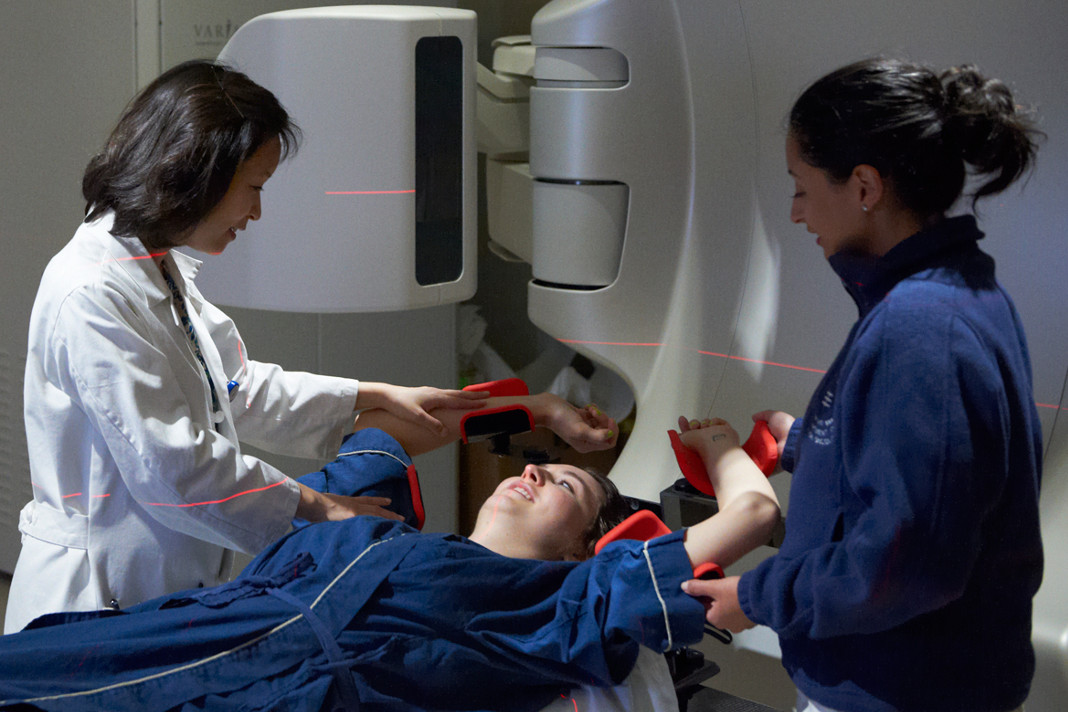A new promising enzyme target for a specific type of breast cancer (breast cancer types). Brk, has been identified in research.
In a specific subset of breast cancer patients, the tumor cells produce high levels of the protein ErbB2 (also called HER2) which pushes the cells to proliferate without limit, a characteristic common of all cancers.
Approximately one in four patients are in this group, and their clinical prognoses are considerably worse than other patients.
While Herceptin and Lapatinib, concomitantly administered with other chemotherapic agents, have improved the prognosis for many of these patients, there is significant potential for development in this area.
In particular, they are able to suppress ErbB2, but are not effective against all tumors (breast lumps) that secrete it. Additionally, when patients’ tumors do respond, they usually become resistant over time.
According to the authors of this study, this suggested that another element might factor into the progression of these tumors.
According to the authors “The limited success of existing therapy suggested to us that factors besides ErbB2, or proteins that collude with ErbB2, might nullify the effects of Herceptin and Lapatinib.”
ErbB2 is a type of molecule known as a receptor tyrosine kinases. Implicated in many cancers, these molecules reside on the surface of the cell and detect cues in the surrounding environment which signal the cells to proliferate.
Read more at Medical News Today






